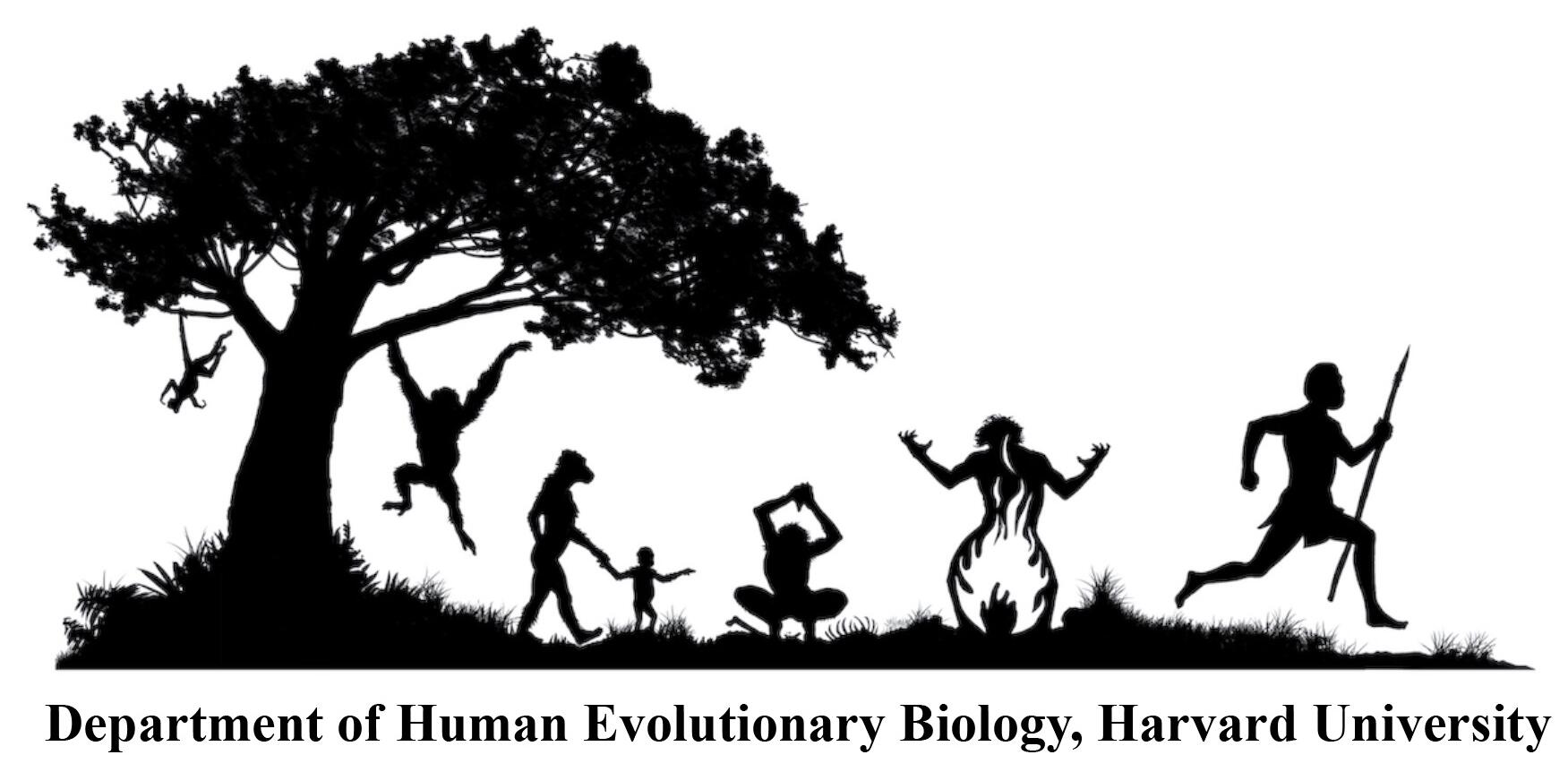This is an exciting time to tackle questions of how evolution made us human. Research in HEB provides you the opportunity to learn and contribute. HEB faculty lead projects spanning a spectrum of interests and methods, including fieldwork studying diverse societies or African apes, laboratory-based work on endocrinology, genetics, comparative neuroscience, anatomy, the microbiota and nutrition, and computationally intensive projects on genomics and cultural evolution.
Examples of HEB research include:
- human and primate nutrition
- comparative neuroscience
- reproductive and behavioral endocrinology
- cultural evolution
- evolutionary genetics and phylogenetics
- human anatomy and biomechanics
- primatology
- paleoanthropology
- human behavioral ecology
Learn More About HEB's Labs & The Questions They Ask:
- Health and Nutrition: What kind of diet is best for human health? How does our microbiome affect how much energy we have?
- Comparative Neuroscience: Why do we have such big brains?
- Reproductive and Behavioral Endocrinology: How do hormones shape our behavior, health, and gender?
- Cultural Evolution: How can evolutionary theory help us understand cultural universals like religion?
- Evolutionary Genetics and Phylogenetics: How do humans vary in their DNA? What are the changes in DNA that made us uniquely human, and that can help explain patterns of human disease?
- Human Anatomy and Biomechanics: Are we adapted for running? How did humans manage to walk upright?
- Primatology: What can our closest primate relatives tell us about the origins of human bodies and behaviors?
- Human Behavior: What are the evolutionary pressures that led to our behavioral adaptations?
- Evolutionary Medicine: How can we understand health and disease as adaptive responses to our modern environment?
